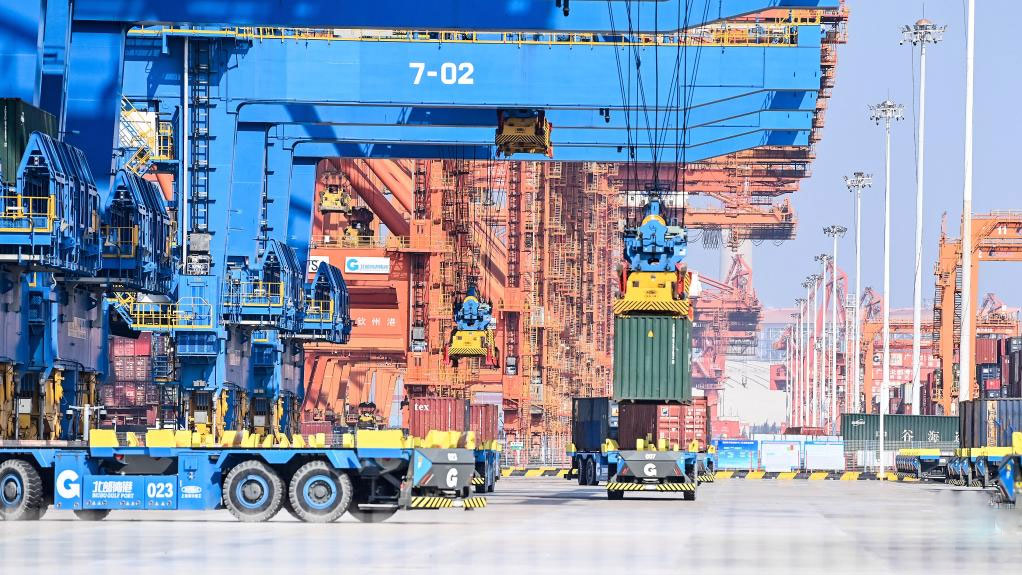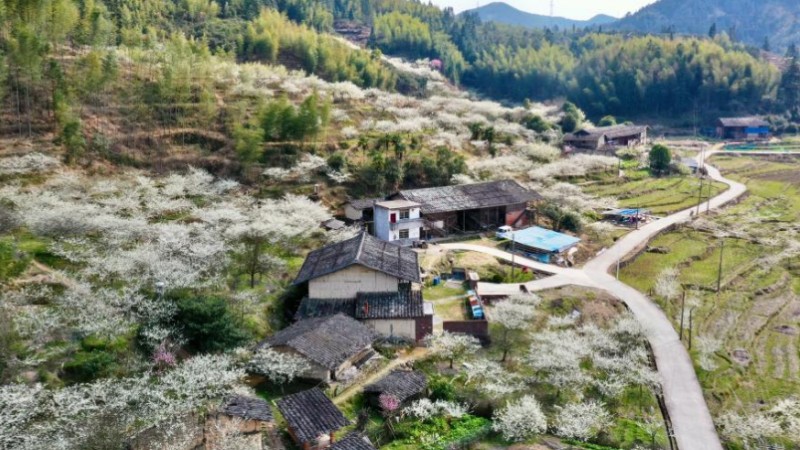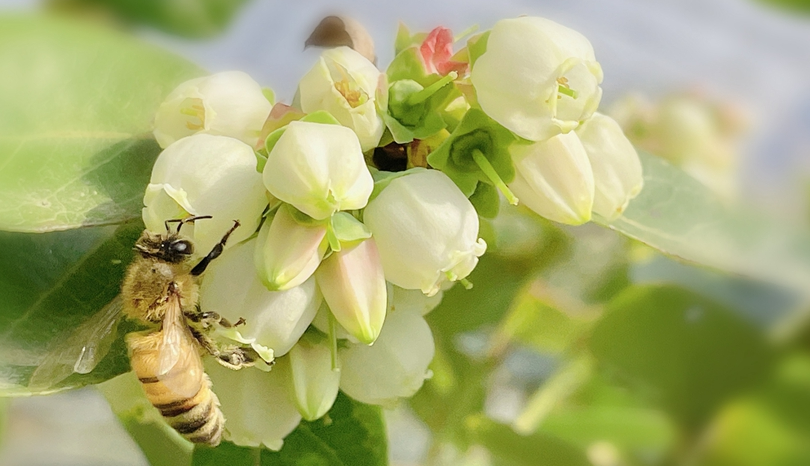Chadian medical student in China: China is helping other countries develop together
"Do you feel any discomfort?" "You'll be back on your feet soon." Mahamat Hamid Mahamat from the Republic of Chad in central Africa checks the ward routinely at one of the top hospitals in north China's port city of Tianjin, with patients all lauding the "foreign doctor's" fluent Chinese.
A "foreign doctor" who aspires to study medicine
Mahamat came to China in 2011, and is now a Ph.D. candidate in neurosurgery at the School of Medicine at Nankai University. He is currently doing his internship at Tianjin Huanhu Hospital.
"Our shift begins at eight every morning, followed by ward checking. Then we inspect to see if there are any surgeries or new patients." Every day is busy and full of challenges.
The doctoral candidate has been interested in medicine since middle school. "Medical care in my country is still a bit behind. So I need to study this major, return to my motherland, help patients in need, and aid the people of our country."
Studying in China was the first time he left his motherland. "I felt very excited as soon as the plane landed," recalled Mahamat. Different from Chad in cityscape, language, and lifestyle, the stunning Chinese architecture impressed him deeply. "China is a big country with the largest population in the world. Developing in such a huge country is not easy," he said.
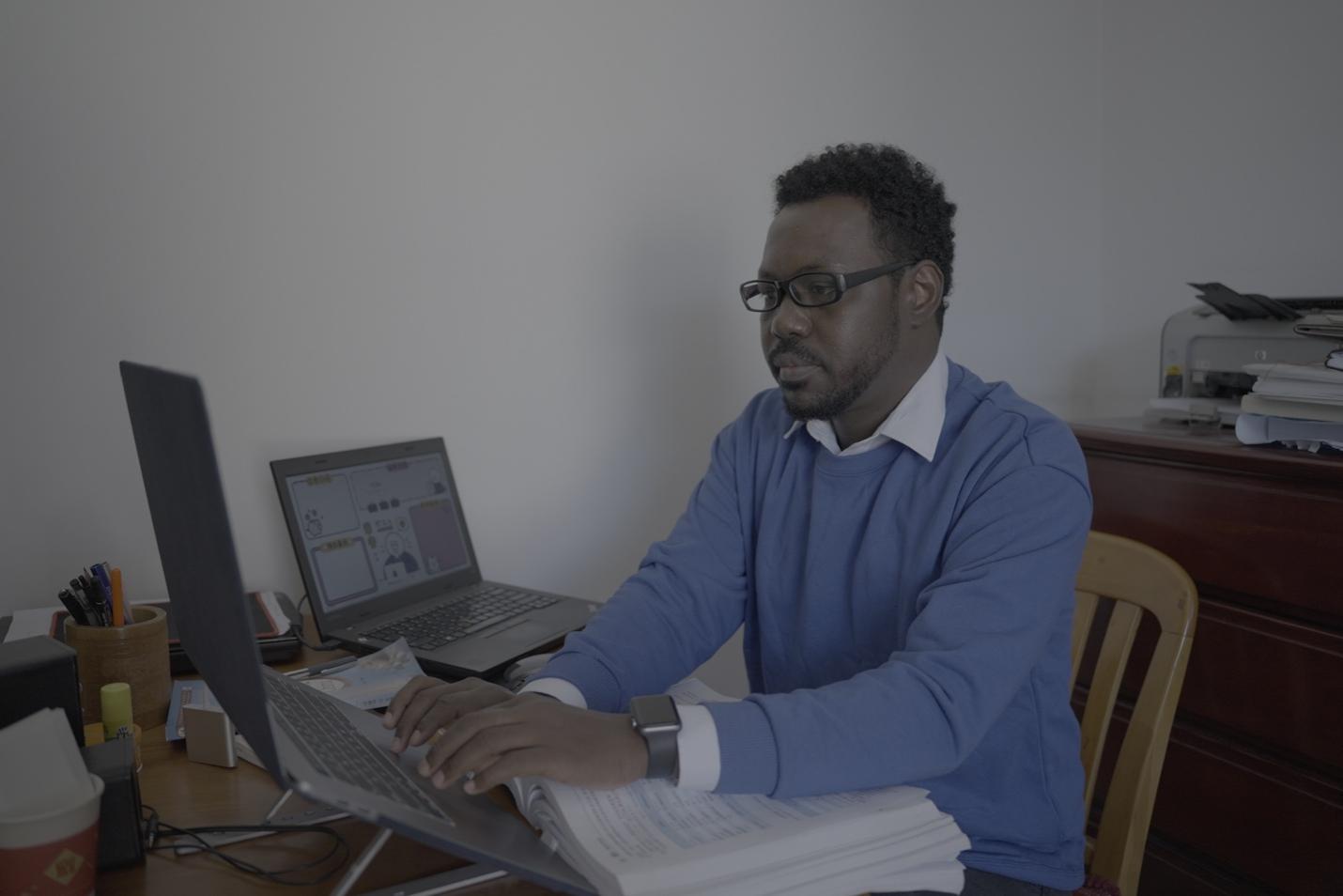
The photo shows Mahamat Hamid Mahamat, a Ph.D. candidate in neurosurgery at the School of Medicine at Nankai University, working at home. (Photo provided by the interviewee).
Grow with China
From learning Chinese to studying medicine, Mahamat has been in China for twelve years, and has witnessed China's rapid development.
When the 19th National Congress of the Communist Party of China (CPC) was held in 2017, Mahamat was an undergraduate student, and China proposed "pursuing a rural revitalization strategy" as a key move for the development of a modernized economy.
In June 2021, Nankai University held a social practice activity in northwest China's Gansu Province. Mahamat, along with other Chinese and international students, went to Zhuanglang county to study the local rural revitalization work. He has seen the street lights gleaming on every road in previously inaccessible villages, and things that only appeared in the metropolis could also be purchased in the countryside. He said, "(From the 19th to 20th CPC National Congress), the promises were fulfilled. China's poverty alleviation has really succeeded."
Mahamat also marveled at China's remarkable progress in healthcare. AI-assisted equipment has been widely used in neurosurgery to treat cerebrovascular disease and brain tumors. Neurosurgical navigation and positioning systems can precisely locate the tumor. In Mahamat’s eyes, China is working hard to provide every patient with good treatment. Its pension and health insurance systems are improving day by day, and "medical treatment remains at a very high level."
One expression mentioned in the report to the 20th CPC National Congress caught Mahamat’s attention: "Advancing the Healthy China Initiative." He reckoned it represented great responsibility of medical workers in China and all over the world. "It's almost as if we are taking an exam now," he laughed. "(I think) the result will be shown at the 21st CPC National Congress."
"We are now working hard in both scientific research and clinical practice. Everyone must do their part," he said.
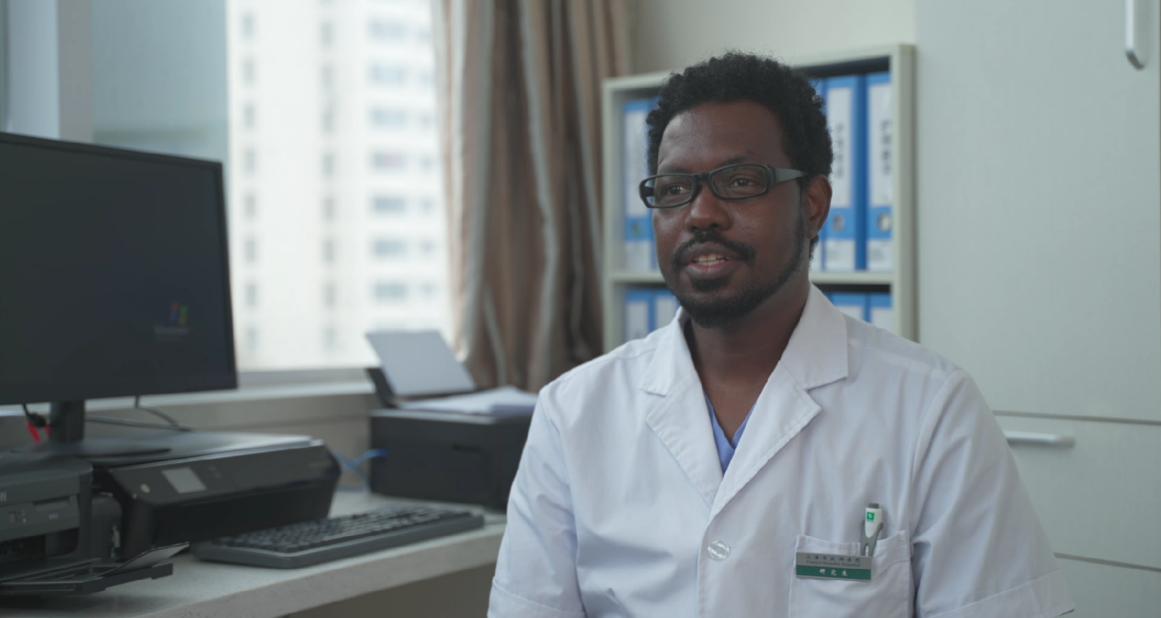
Mahamat Hamid Mahamat, a Ph.D. candidate in neurosurgery at the School of Medicine at Nankai University, works as an intern at Tianjin Huanhu Hospital. (Photo provided by the interviewee).
China is my second home
China has helped Chad build roads, railways, and other infrastructure facilities. Chinese people love thinking, said Mahamat, adding that everything China does will be beneficial in the next five or ten years.
Mahamat pointed out that China has also helped Chad a lot in health care. "I've followed the progress of China's healthcare projects launched in Chad. The Chinese government has dispatched doctors to offer free treatment in the country, covering ophthalmology, gynecology, obstetrics, surgery, and internal medicine. Even in remote areas, small cities, or tiny villages, one can find Chinese doctors providing treatment to Chadian people."
He believes that the Belt and Road Initiative is of great benefit to both China and Chad. "China is developing itself, and at the same time, it is helping other countries to develop together."
Apart from projects launched by the Chinese government in Chad, many Chinese people also set up their businesses in the country. “ Not only are the adults in Chad familiar with China, but children there also know a lot about China and Chinese people," said Mahamat.
"When I went home, my family all enjoyed hearing my stories in China," he said.
Working at the hospital, the intern doctor can get in touch with patients from many places. "When they saw me as a foreign doctor, they would talk to me, ask me where I was from, and praise my Chinese. They are all enthusiastic and warm."
Mahamat has a deep affection for China. "When I go on a business trip abroad or go home, seeing Chinese people on the roadside makes me feel warm. Even if they don't know me, I still want to talk to them. China can be regarded as my second motherland. I will never forget China as long as I live," he said.
(Web editor: Zhang Wenjie, Wu Chengliang)








